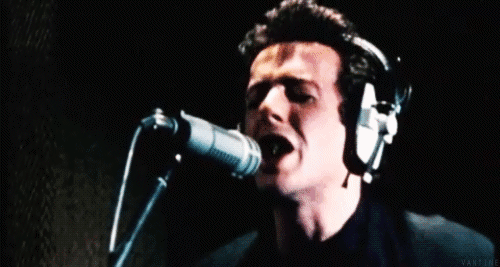I think punk is definitely a mindset/attitude/lifestyle rather than a genre of any kind, and I think you're right to allow me to paraphrase you in saying that post-punk is what punk was supposed to have been before it very quickly became elitist and narrow.Dr. Medulla wrote: ↑16 Dec 2019, 3:37pmI remember reading Wilson Neate's 33 1/3 book on Pink Flag, where he argued against the album being punk but instead post-punk, but at the same time in spirit it seemed punk in spirit because of that resistance to rules and expectations. In that respect, post-punk/No Wave seized punk's spirit better than those groups who openly called themselves punk but fell into a rockish formalism. That gets into the question of whether punk is chiefly an attitude (if so, what is the attitude?) or an aesthetic (if so, what is the aesthetic?). Depending on how you want to play around with those definitions, then maybe post-punk becomes meaningful punk while the bulk of hardcore, Oi, etc is just superficiality. I'm not making that argument, mind you, as it then gets us into territory where "everything you think you know is false."Kory wrote: ↑16 Dec 2019, 3:19pmThe way that I always describe it to people who haven't heard of it, is "the energy and ideals of punk with the experimentation of prog," and then I go on to elaborate that these bands took the level playing field that punk sort of created, used some of its DIY and anti-establishment ideals and created something that wasn't quite so restrictive, or "year-zero" based. In other words, they took punk's "there are no rules" paradigm literally and seriously where the second wave of punk did not. I think they were inspired by punk, but not beholden to it. A great example would be Joy Division, who started as a result of being at the LFTH show, but went on to be basically the poster children of post-punk.
I think we had a discussion some months back in which we debated what punk actually means, but I'm not sure what search terms I would use. I expect I would have said roughly the same things as I would now, though.
